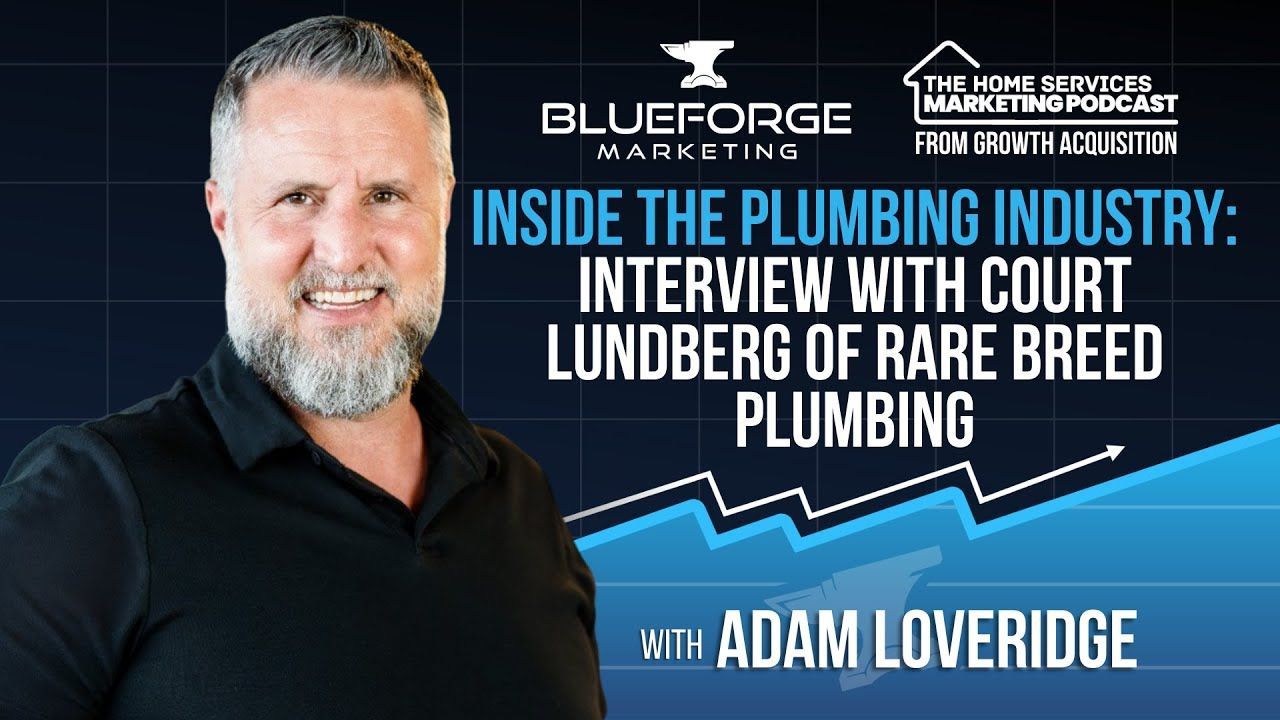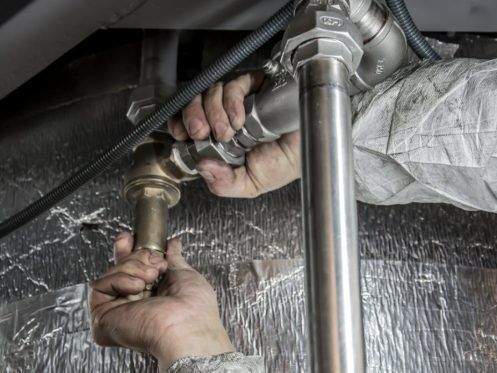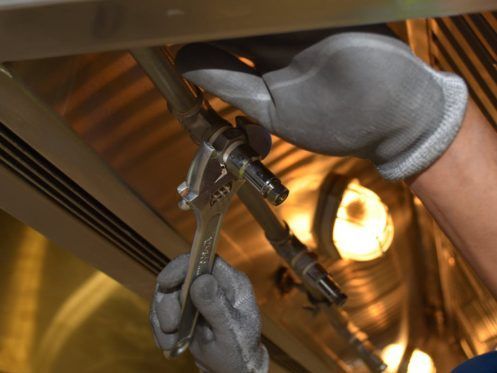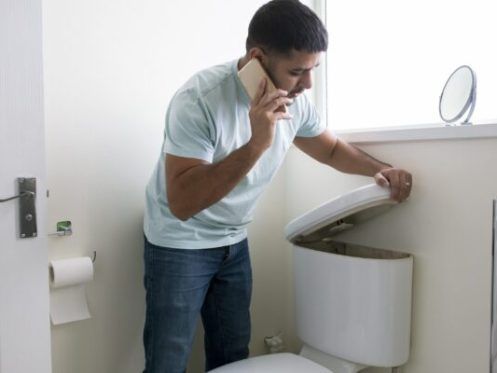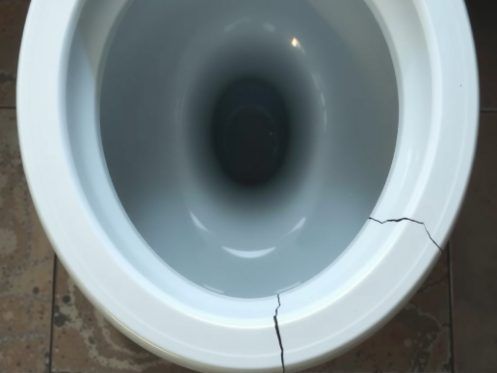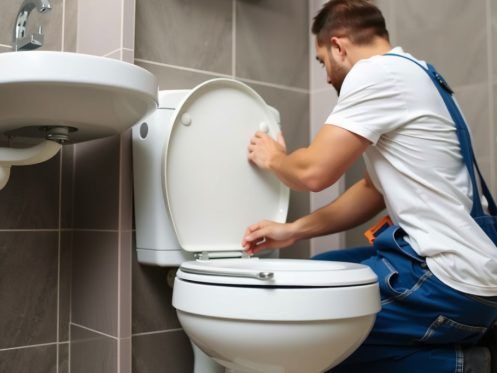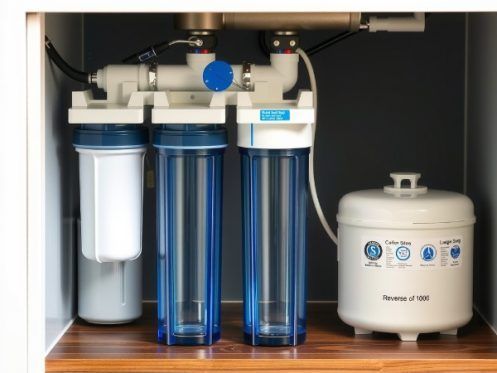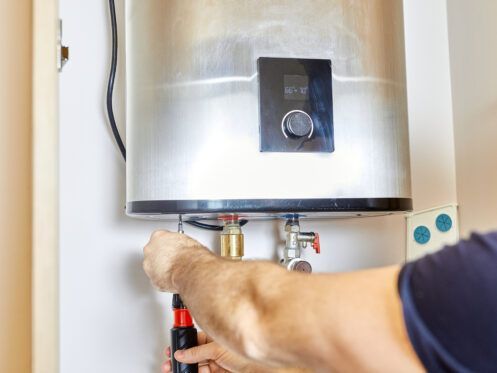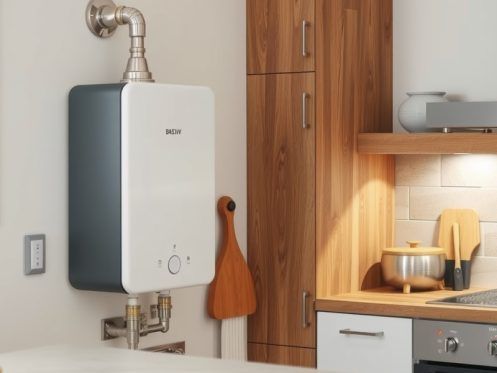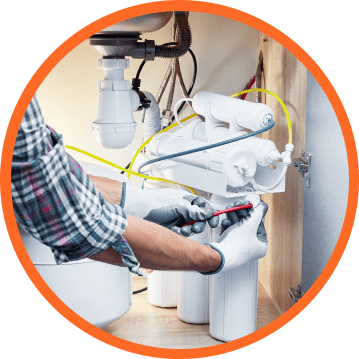
There’s a lot of misinformation floating around about water softeners, and unfortunately, many people believe these myths without checking the facts. If you’ve ever wondered whether soft water is salty, if drinking softened water is bad for your health, or if water softeners waste water, you’re in the right place! At Rare Breed Plumbing, we’ve heard all kinds of common water softener myths, and we’re here to set the record straight. So, let’s dive into the seven biggest myths about water softeners and debunk them once and for all!
Myth #1: Water Softeners Make Water Salty
One of the most common water softener myths is that they make your water taste salty. The truth? Softened water is not the same as saltwater! Water softeners work through an ion exchange process that swaps hardness minerals like calcium and magnesium for sodium ions. This does not mean salt (sodium chloride) is added to your water—only a very low sodium amount is introduced.
For context, the amount of sodium in softened water is much lower than in many common foods and beverages. In fact, a glass of low-fat milk contains more sodium than a glass of softened water! The sodium levels vary based on how hard your water was to begin with, but in most cases, the sodium added is minimal and poses no health risks, even for those on a low sodium diet. If you’re concerned about the taste or sodium levels, you can always install a reverse osmosis system to remove sodium and other contaminants, leaving you with fresh, great-tasting water.
Myth #2: Water Softeners Remove Essential Minerals From Water
Many people believe that water softeners strip water of essential minerals, leaving it devoid of any nutritional value. However, this is one of the biggest misconceptions. Water softeners don’t remove all minerals; they specifically target hard water minerals such as calcium and magnesium ions.
While calcium and magnesium are important for your health, the minerals found in hard water aren’t the most bioavailable forms for your body to absorb. In other words, you’re not getting your essential minerals from drinking water—you get them from your food! Eating a balanced diet with dairy products, leafy greens, and nuts will provide the necessary minerals your body needs. Plus, removing calcium from water helps reduce scale buildup in water heaters, washing machines, and other water-using appliances, ultimately saving you money on maintenance and energy costs.
Myth #3: I Have a Water Softener – I Don’t Need a Water Filtration System
While water softeners are highly efficient at removing hard minerals, they don’t eliminate other contaminants like chlorine, lead, or bacteria. Many homeowners think softened water is the same as purified drinking water, but this is not the case. A water softener is designed to soften water by reducing scale buildup, while a water filter targets a broader range of impurities.
If you’re concerned about the quality of your drinking water, consider pairing your water softener with a water filtration system. Reverse osmosis filters, for example, can remove additional contaminants, ensuring that your drinking water is as clean and safe as possible. Investing in both systems gives you the best of both worlds—soft water for your home and pure, great-tasting water for drinking.
Myth #4: Water Softeners Diminish Water Pressure
A common myth is that water softeners reduce water pressure, making showers and taps less effective. While it’s true that any water treatment system could potentially lower pressure if improperly installed or maintained, a correctly sized and maintained water softener will not cause any noticeable drop in water pressure.
In fact, softened water can actually improve water flow in homes that previously had issues with scale buildup in pipes. Hard water minerals create deposits that clog plumbing over time, leading to restricted water flow and reduced efficiency in appliances. By removing these hard minerals, water softeners help keep your pipes clear and your water pressure strong.
Myth #5: A Water Softener Can Have a Negative Impact on My Septic System
Some people worry that using a water softener will harm their septic tank, but the reality is quite the opposite. The myth comes from concerns about salt and the regeneration process. However, studies have shown that salt-based water softeners do not negatively impact septic systems when used properly.
The amount of sodium added to the water is very low, and the volume of water released during regeneration is minimal compared to the overall septic system capacity. In fact, softened water can actually benefit your septic system by improving the breakdown of waste. Plus, by reducing scale buildup, a water softener helps extend the lifespan of your plumbing and septic system components.
Myth #6: I Don’t Need a Water Softener for City Water
Some people assume that city water is already treated and, therefore, doesn’t need softening. However, in many places—including Bountiful, UT—city water is still considered hard. Utah’s water supply comes from various sources, including Valley-Fill, Cache Valley, and Cedar Valley Aquifers, as well as City Creek and Cottonwood Canyon watersheds. Unfortunately, the vast majority of this water contains high levels of calcium and magnesium, leading to hard water problems in homes across the state.
Bountiful, UT has an average water hardness of 513 PPM (mg/L) or 38 GPG, which is considered extremely hard. This level of hardness can cause issues such as scale buildup in pipes and appliances, dry skin and hair, and reduced efficiency of cleaning products. Installing a water softener is the best way to combat these problems and enjoy the many benefits of soft water.
Myth #7: Table Salt Can Be Used in Water Softeners
Another common myth is that you can use regular table salt in a water softener instead of specialized salt or potassium chloride. While both contain sodium chloride, table salt is not formulated for use in water softeners and can lead to clogs and damage in the system.
Water softener salt is designed to dissolve properly and facilitate the ion exchange process, ensuring that hard minerals are effectively removed. Using regular table salt or rock salt can result in sediment buildup, requiring more frequent maintenance and potentially shortening the lifespan of your softener. To keep your water softener running efficiently, always use the recommended type of salt.
Call Rare Breed Plumbing for All Your Soft Water Needs in Bountiful, UT!
Now that we’ve debunked these common water softener myths, you can make an informed decision about your home’s water treatment. At Rare Breed Plumbing, we’re dedicated to helping homeowners in Bountiful, UT, and surrounding areas enjoy the benefits of soft water. Whether you need a new water softener, maintenance for your existing system, or a water filtration setup, our expert team is here to help.
Give us a call today to discuss your water-softening needs and say goodbye to hard water problems for good! Also, along with Bountiful, we also serve homeowners and businesses in nearby cities, including West Jordan, Sandy, Layton, Bluffdale, Kaysville, and Midvale.

